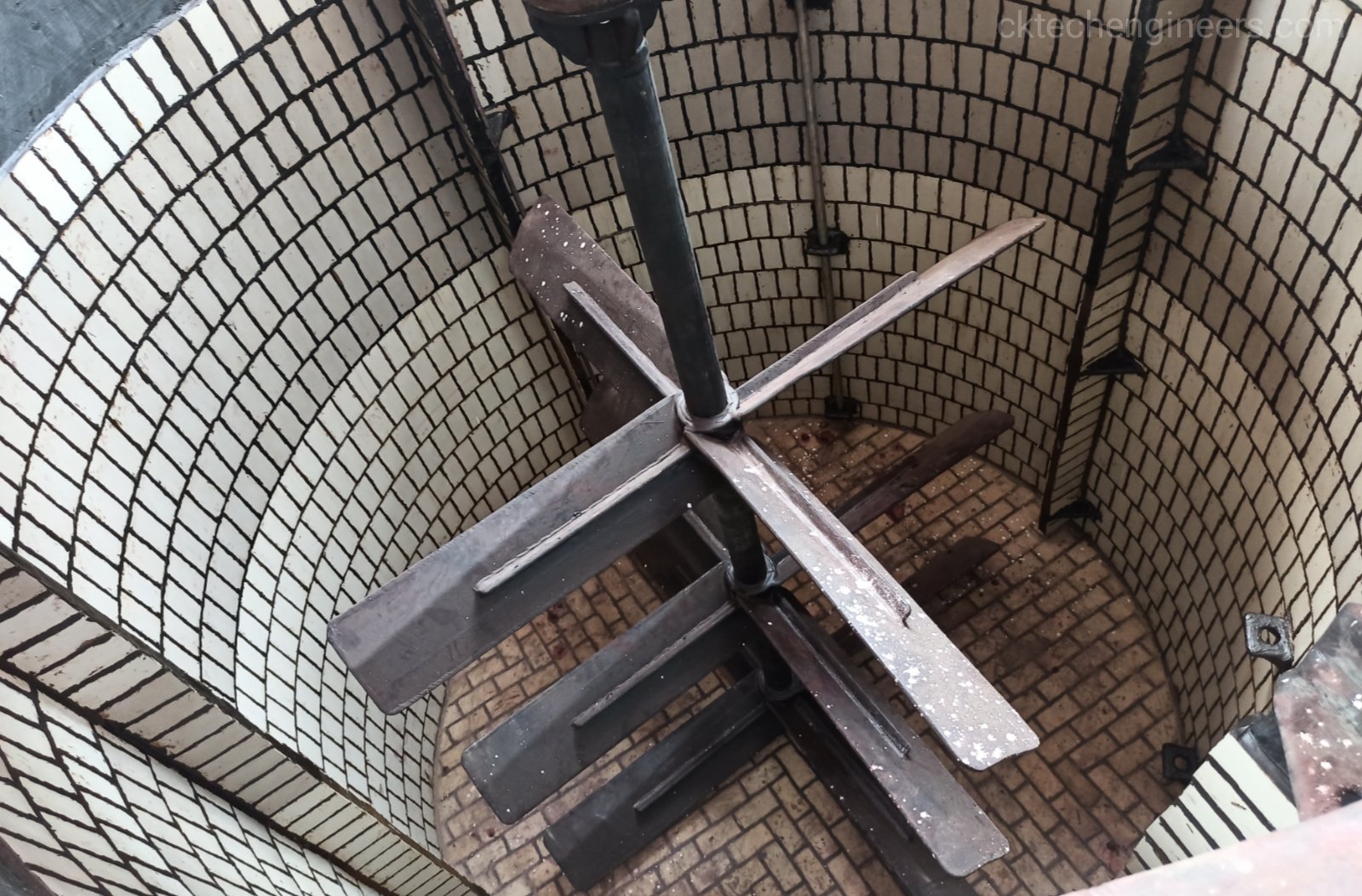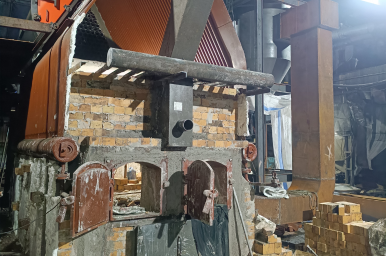Build Your Projects
Vision Got Larger
Good Service Provider By Industrial Sector.
WELCOME TO
C.K Tech Engineers
Established in 1992, C.K Tech Engineers Refractory Lining Works is the best-known firm involved in Service Provider of Industries like factory chemical Lining Works, Acid proof bricks lining & Insulation Work And Many More. Prominent & Leading Service Provider from all our india .
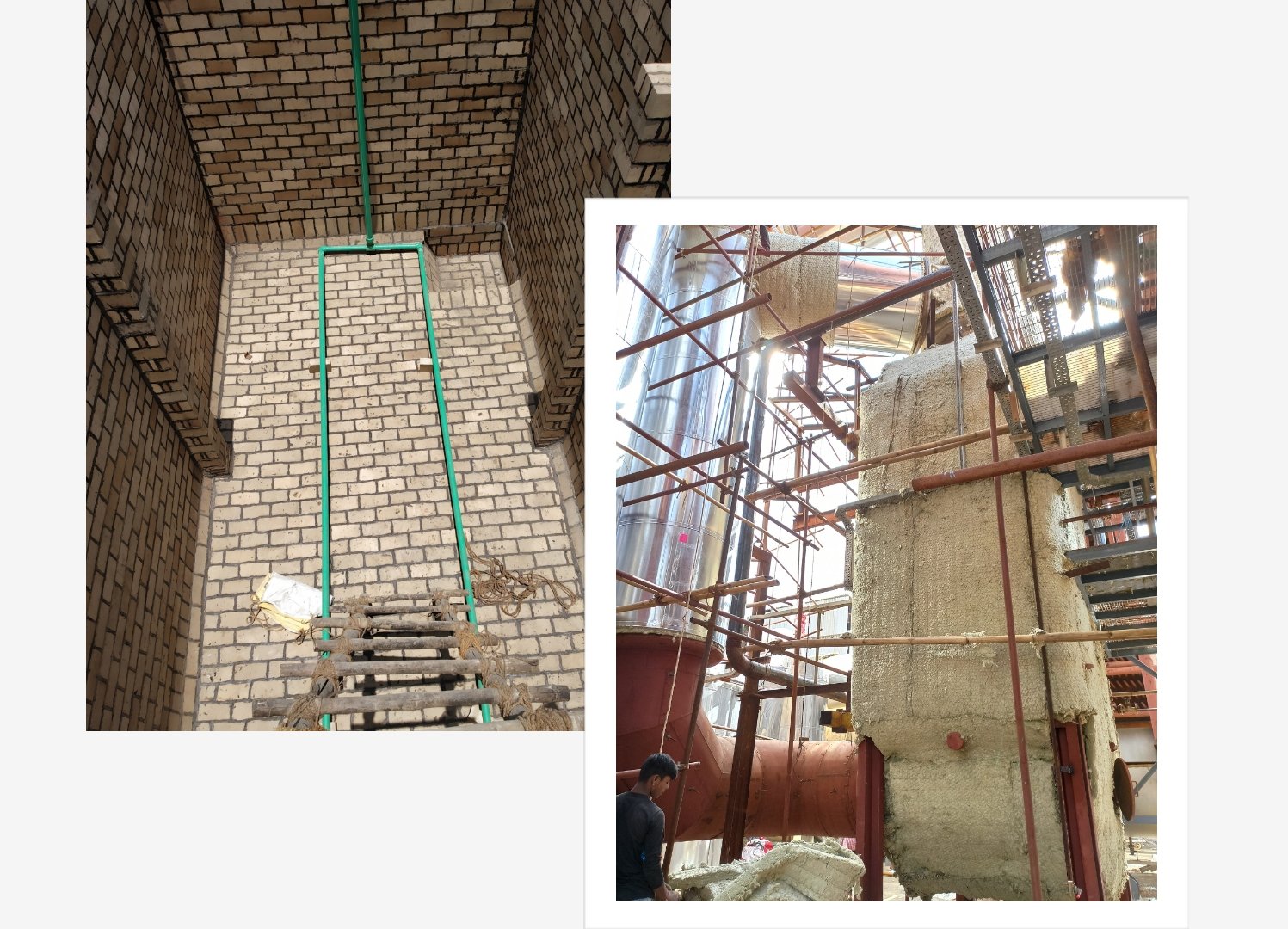
Our Services
Quality Services
Sustainability
Committed To Keep People Healthy & Safe
People with good experience work in this company, so they will do a good job for you.
We Follow Best Practices
We work according to the rules and regulations of the company and we are the best Company which will give you a good experience.
- Sustainablility
- Project On Time
- Modern Technology
- Latest Designs Works
Refractory works
Refractory work refers to the installation, repair, or maintenance of heat-resistant materials used in high-temperature environments, such as furnaces, kilns, reactors, and boilers.
These materials, called refractories, are designed to withstand extreme temperatures and are often used in industries like steel, cement, glass, and petrochemical manufacturing.
Material Installation: Refractories are installed in the form of bricks, castables, or other precast shapes to line the interior of high-heat equipment. These materials must be carefully selected to match the specific temperature and chemical conditions of the process.
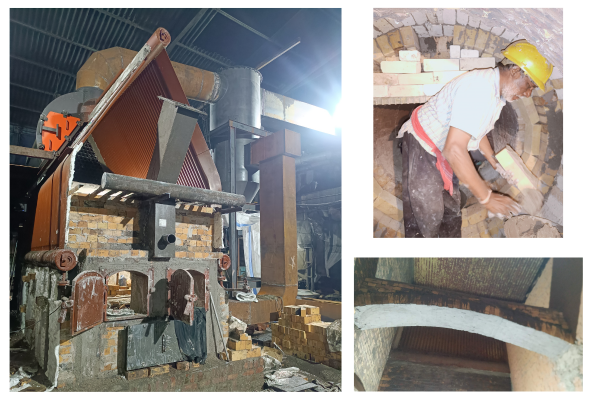
Industries We Serve
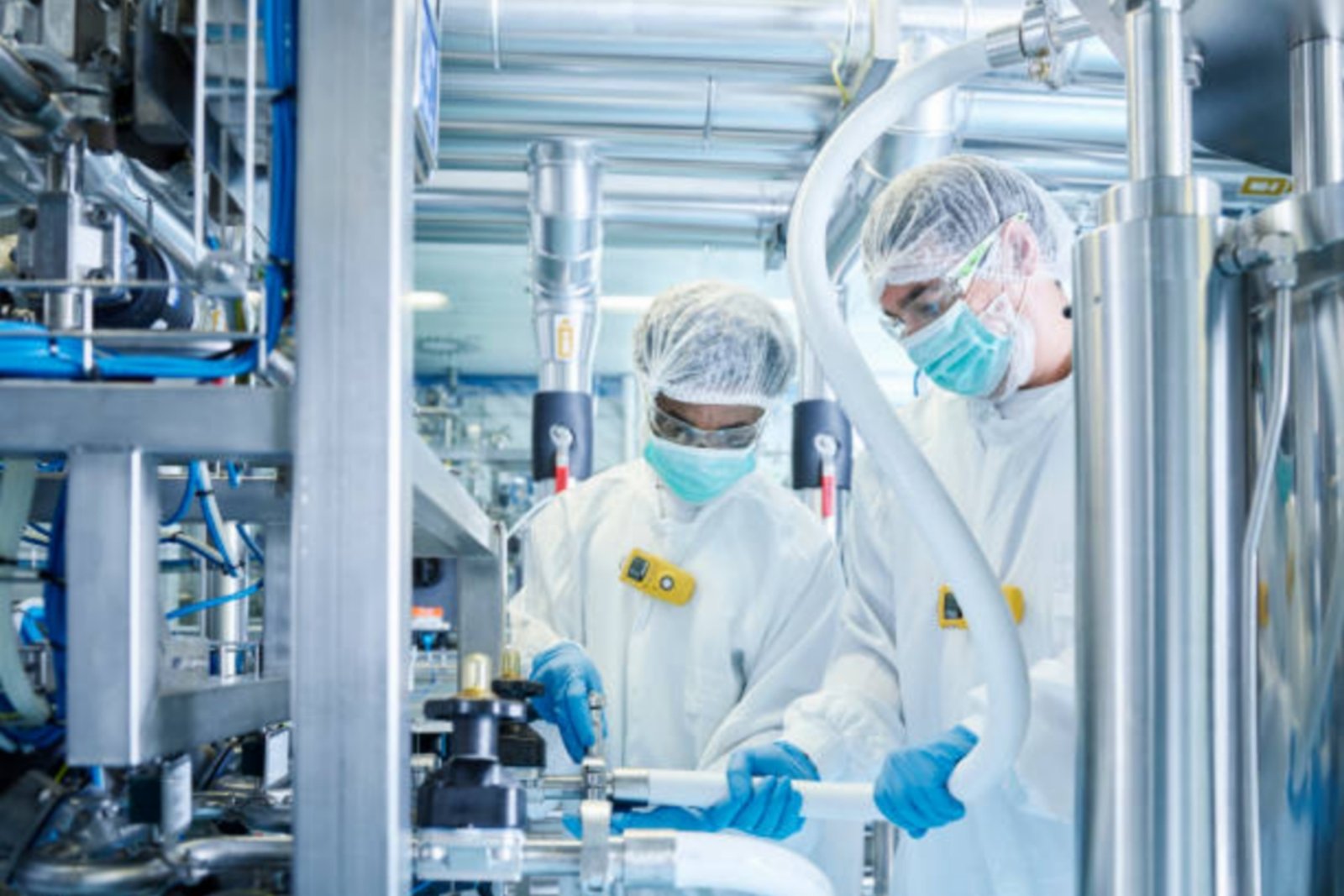
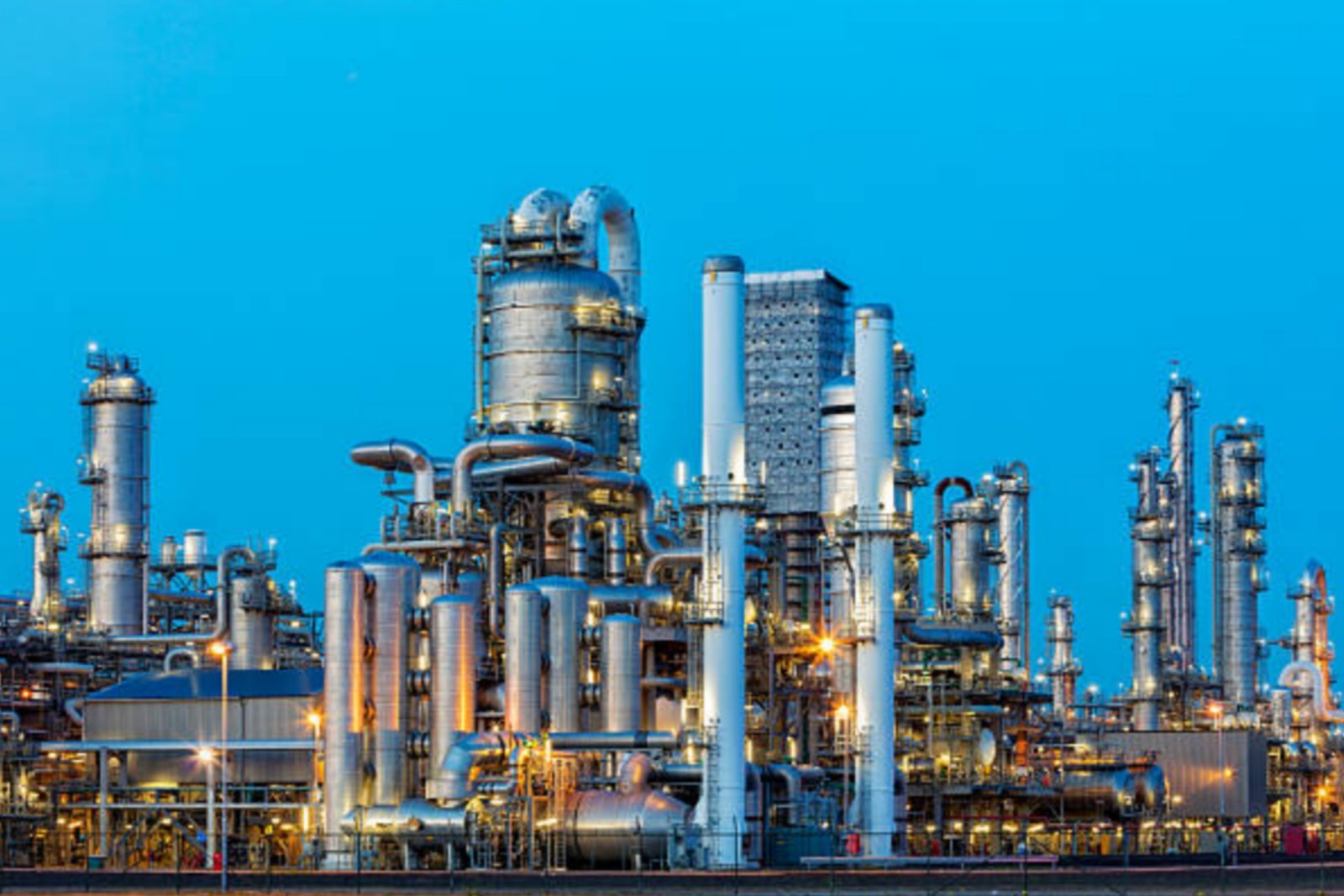
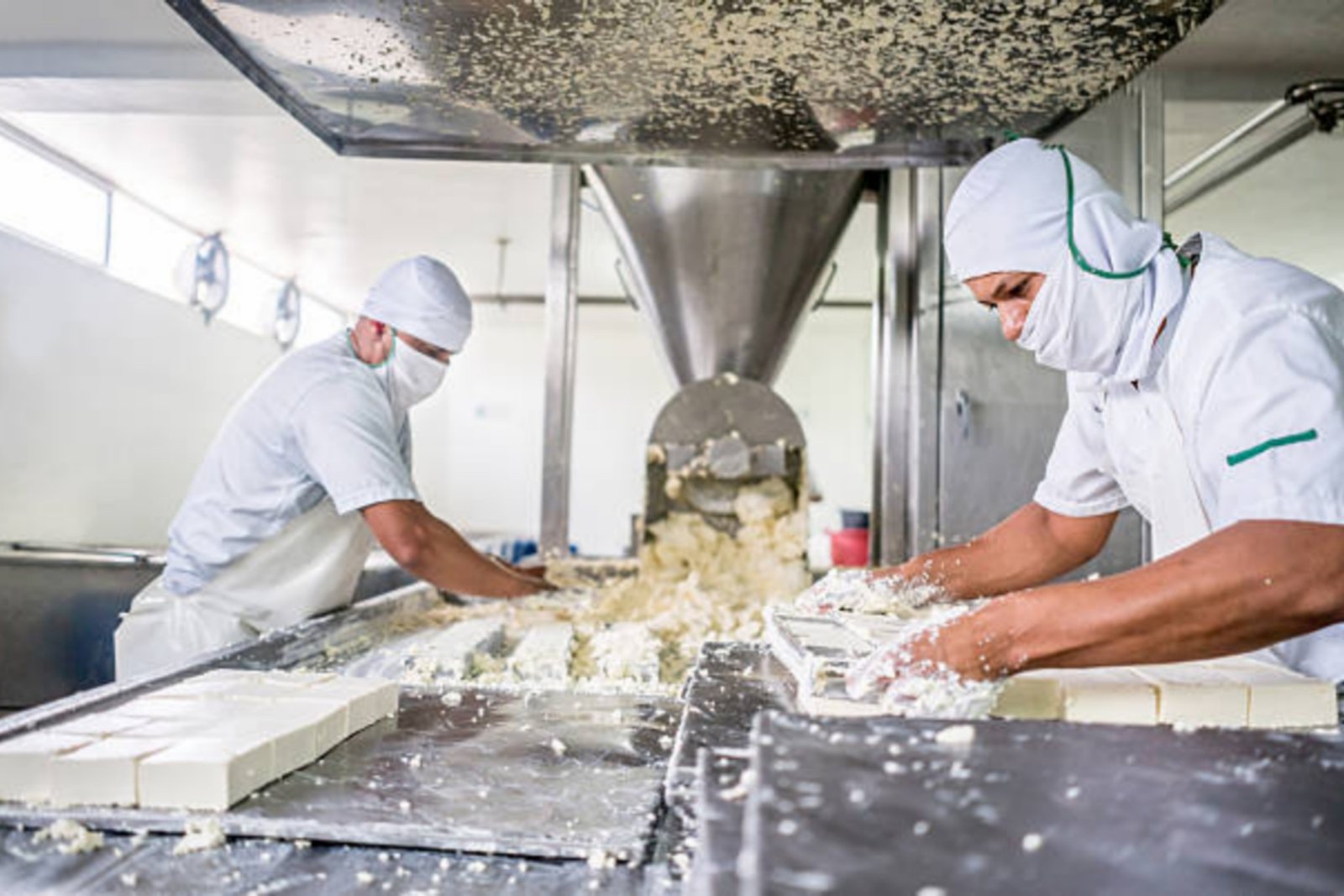
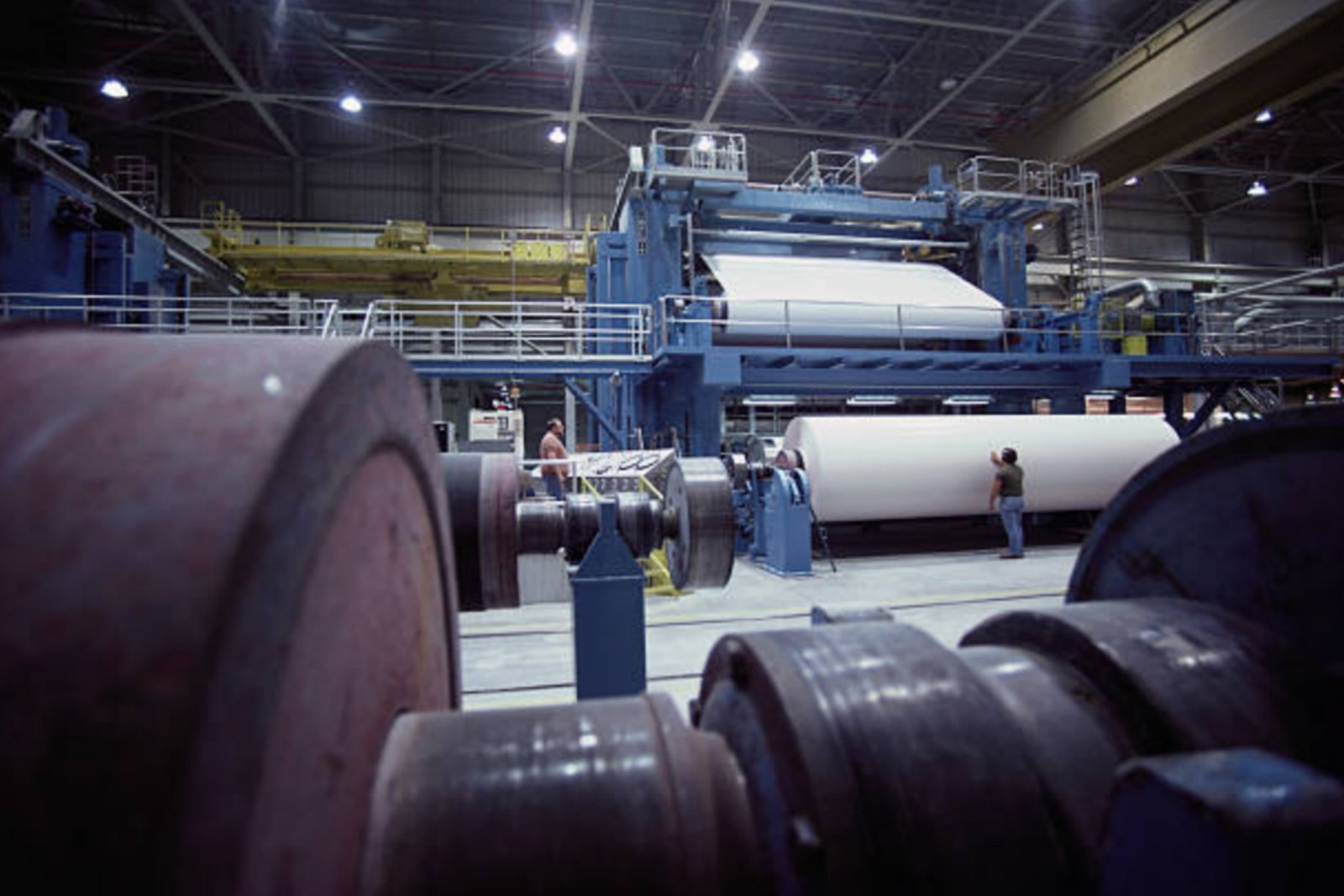


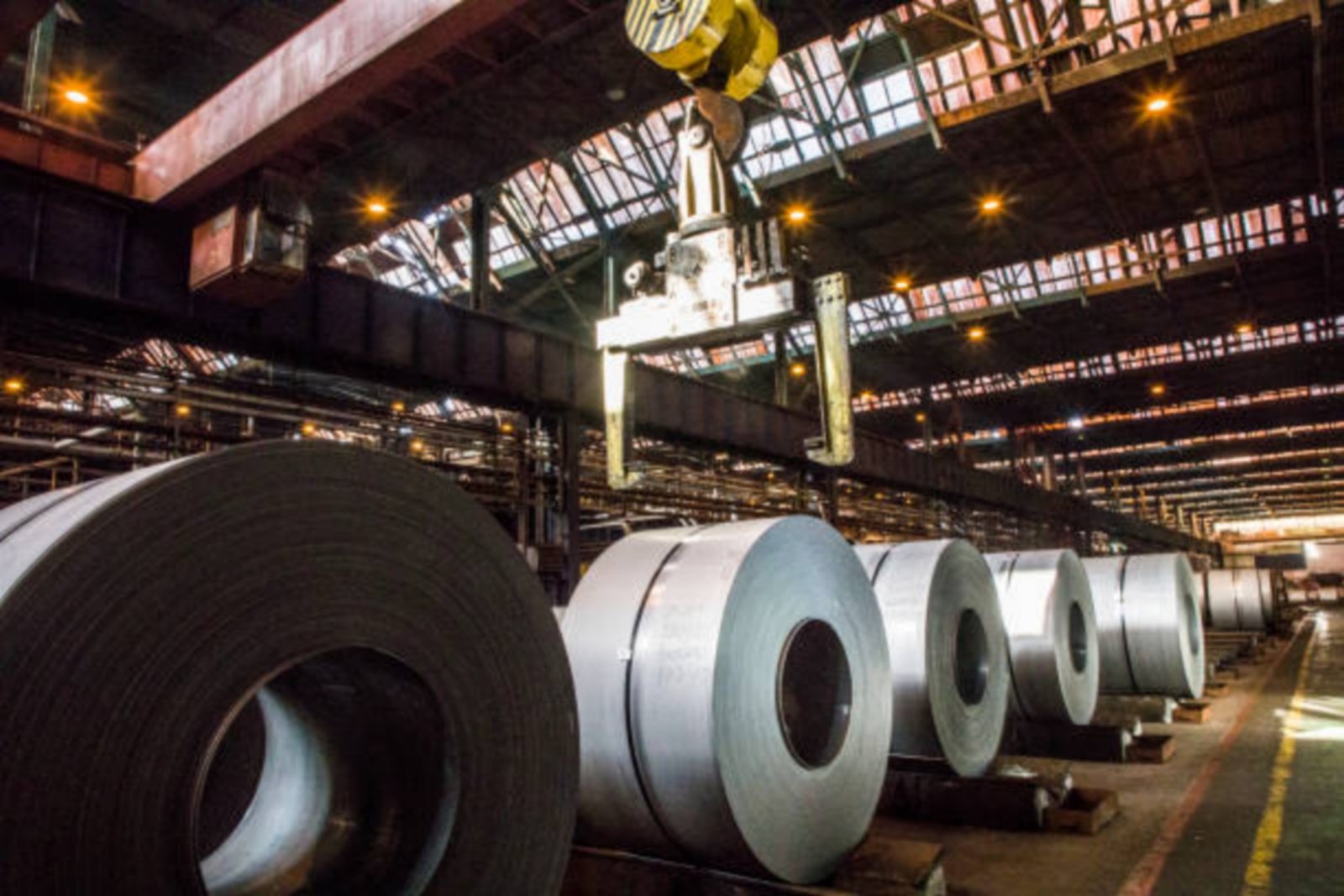
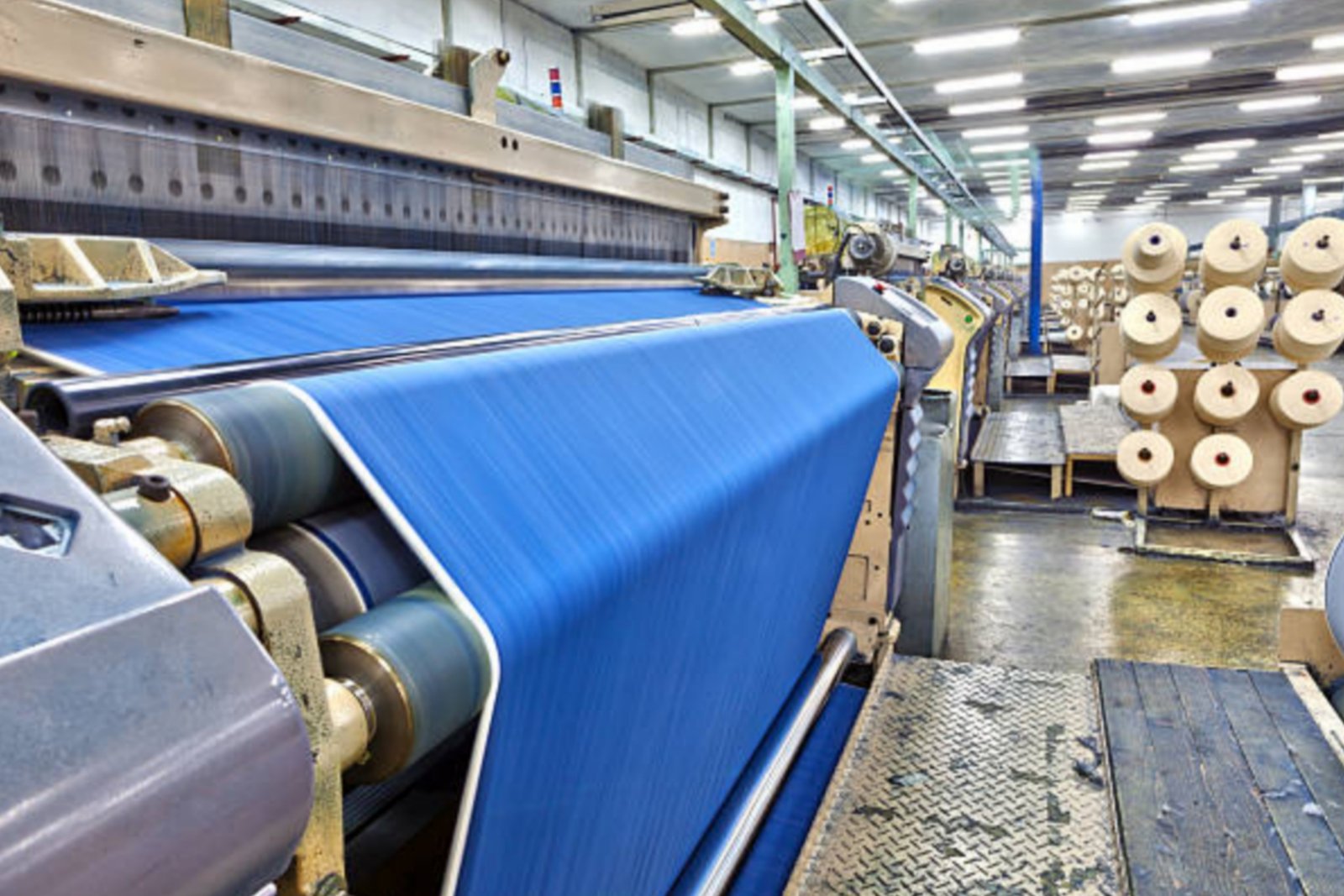
Our Latest Works
VADODARA
JODHPUR
SAYKHA , BHARUCH
VAPI
Trust and Worth
Our Clients

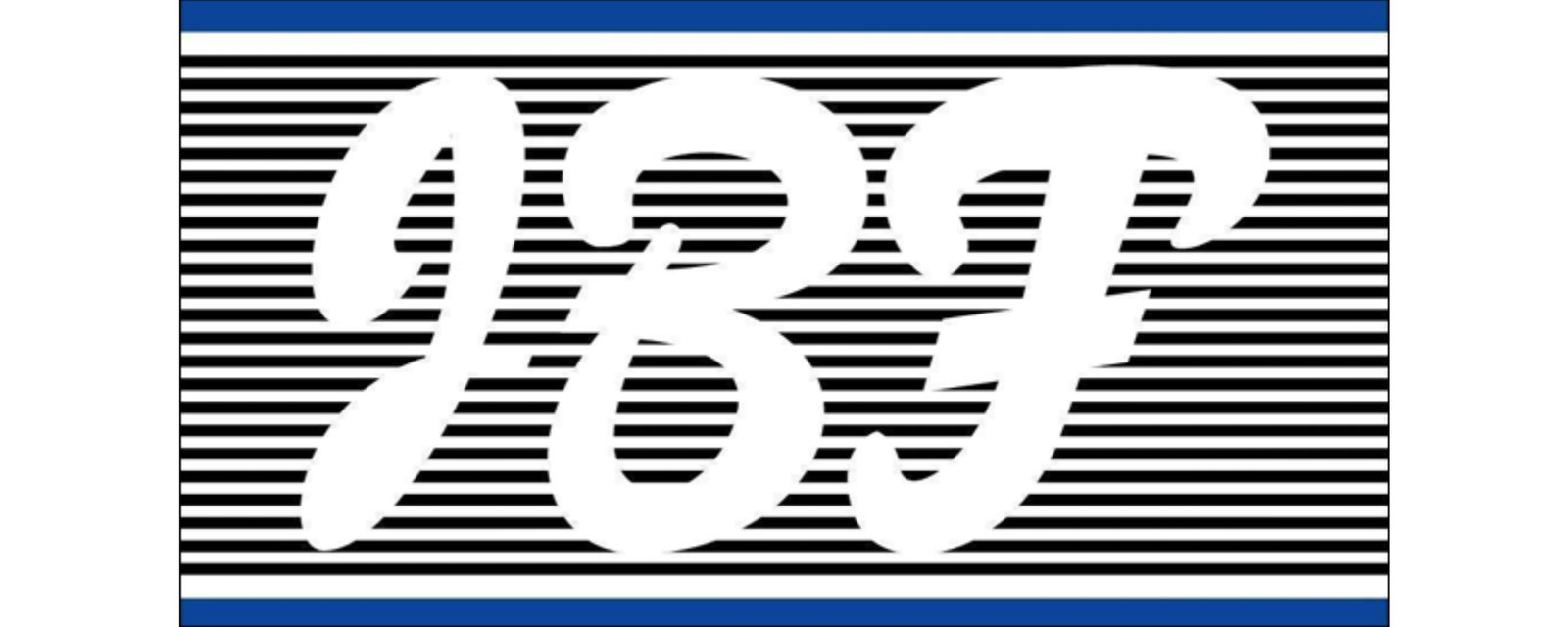
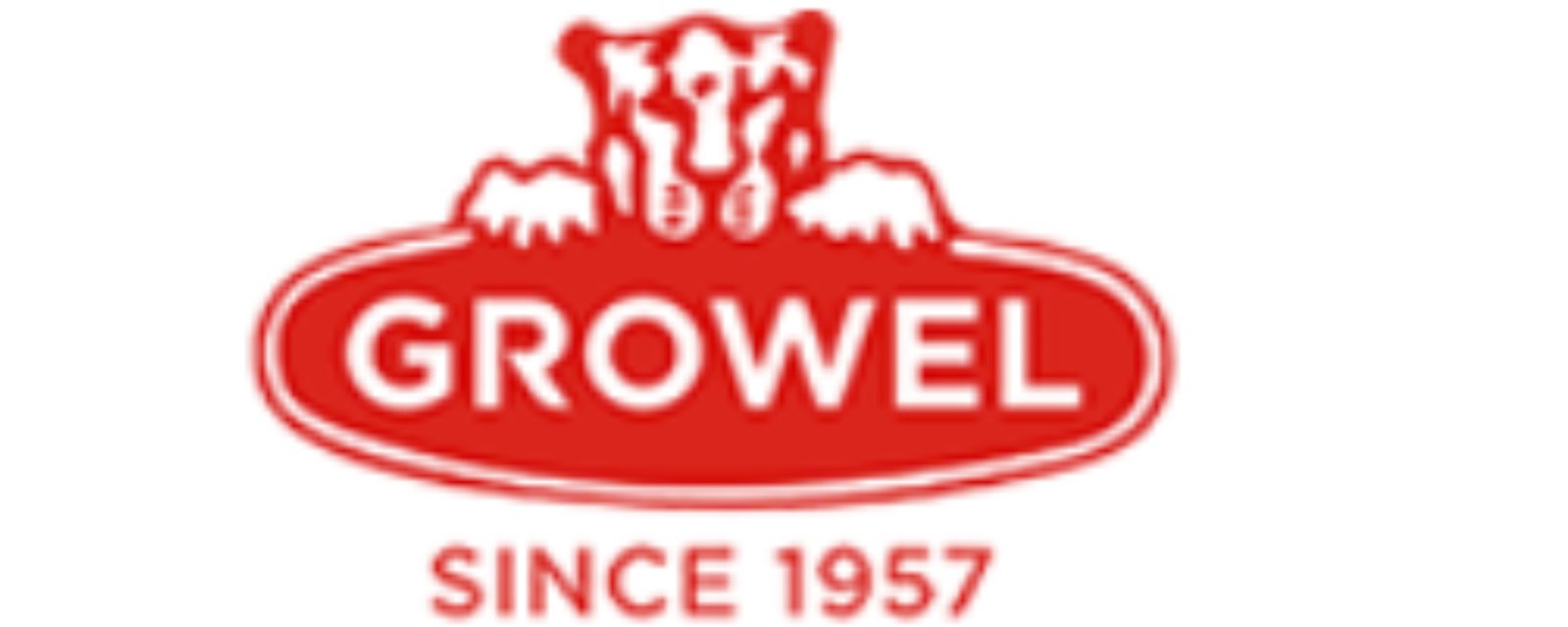





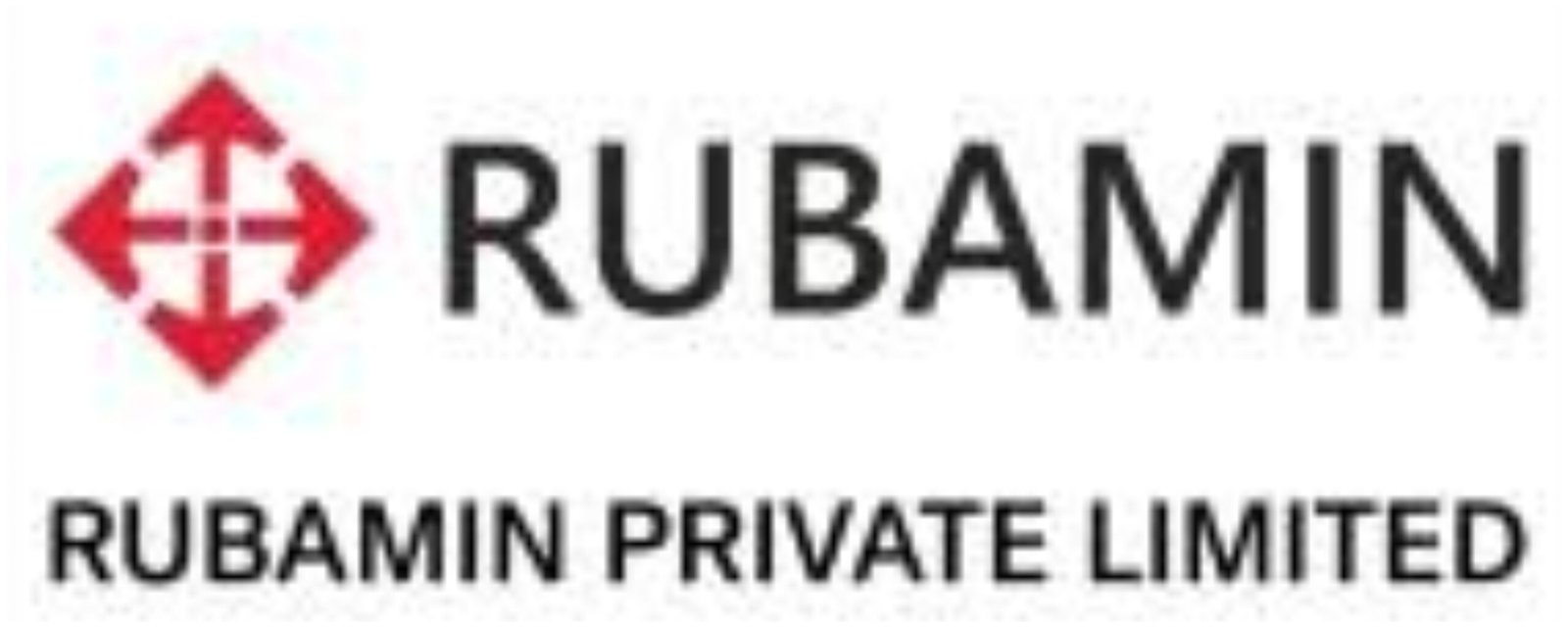


Request a Quote
Learn More From
Frequently Asked Questions
Setting Time: 48 to 72 Hours (average)
- CNSL mortar : 16 – 20 Hours
- Furan mortar : 12 – 16 Hours
- Phenolic mortar : 18 – 24 Hours
- Silicate mortar : 8 – 10 Hours
| Operating Temperature (°C) | Recommended LRB Thickness (mm) |
|---|---|
| Up to 150°C | 40–50 mm |
| 150–250°C | 50–75 mm |
| 250–400°C | 75–100 mm |
| 400–600°C | 100–125 mm |
| 600–750°C | 125–150 mm (or multi-layer) |
These are general guidelines—the actual thickness depends on:
Required surface temperature
Ambient conditions
Insulation layout (single vs double layer)
Economic thickness optimization
| Brick Type | Max Temp (°C) | Main Use Area in Boilers |
|---|---|---|
| Fire Bricks | 1400 | General combustion chambers |
| Silica Bricks | 1700 | Roofs, walls, arches |
| High Alumina Bricks | 1800 | Burner zone, furnace throat, superheaters |
| Insulating Fire Bricks | 1200–1400 | Backup insulation |
| Acid-Resistant Bricks | <600 (chem only) | Chimneys, flue gas areas |
| Magnesite Bricks | 2000 | Very high temp zones (rare in boilers) |
| Chrome-Magnesite Bricks | 1800 | Incinerator zones, ash handling (rare) |
